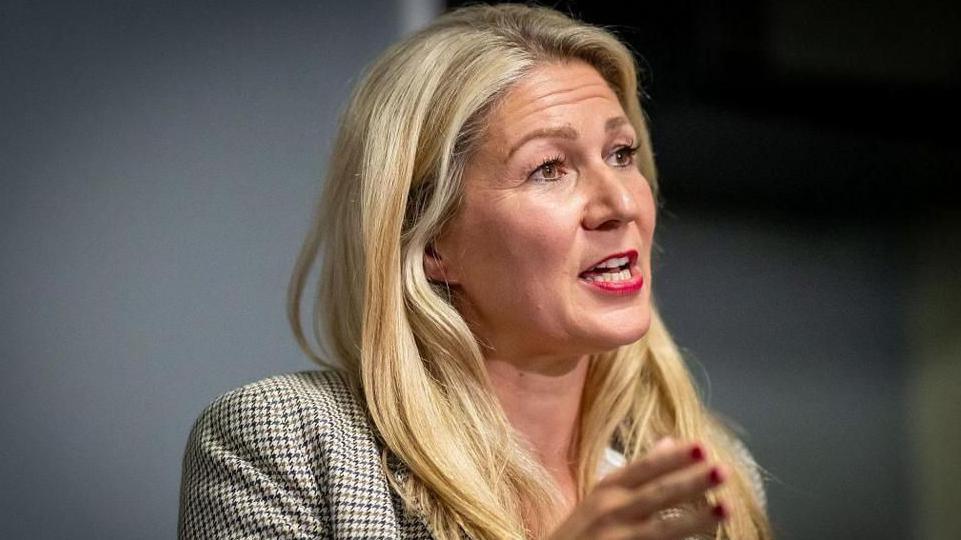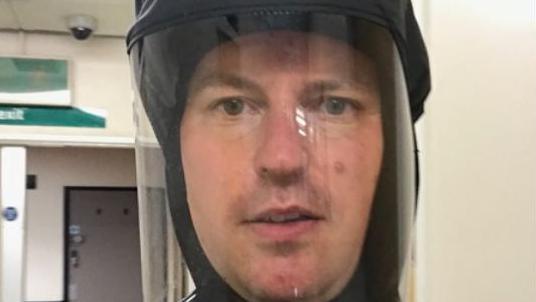Man 'branded a thief' after shop's facial recognition error
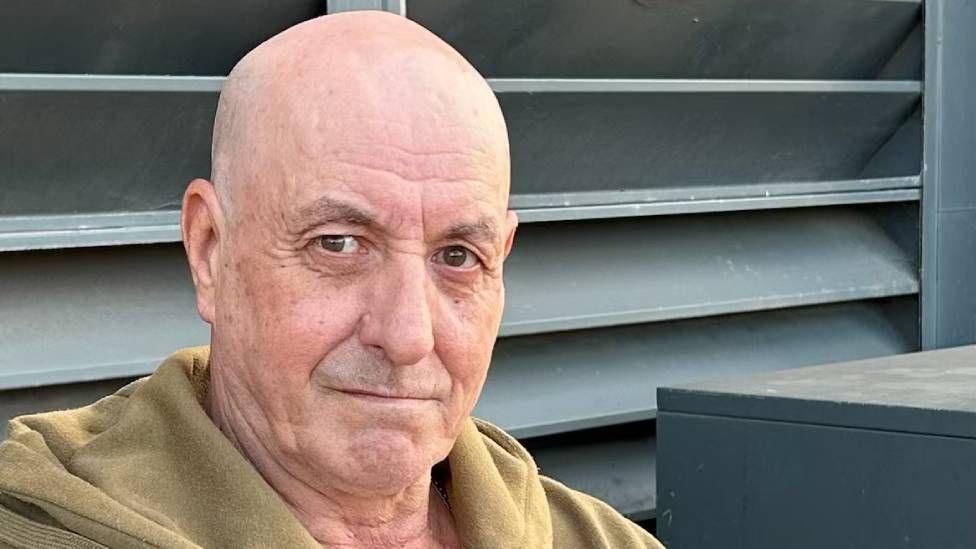
Byron Long was falsely accused of stealing £75 worth of goods from a B&M store
- Published
A man falsely accused of shoplifting after being added to a facial recognition watchlist has warned it "could happen to anyone".
Byron Long, 66, was told to leave a B&M store at Cardiff Bay Retail Park and accused of stealing £75 worth of goods on a previous visit - until a review of CCTV footage showed he had paid for his shopping and not stolen anything.
B&M has apologised to Mr Long and offered him a £25 voucher, which he has rejected, while the Big Brother Watch campaign group has made a formal complaint to the Information Commissioner's Office on his behalf.
Facial recognition company Facewatch said it was a case of "human error, not a failure of the technology".
New app lets police identify suspects in the street
- Published13 December 2024
'Let police fight crime with facial recognition'
- Published5 January 2021
Mr Long said his mental health issues worsened after the incident on 29 April and described B&M's apology as "measly words without meaning".
"They don't recognise the dangers and harm they can cause with the power they have," he said.
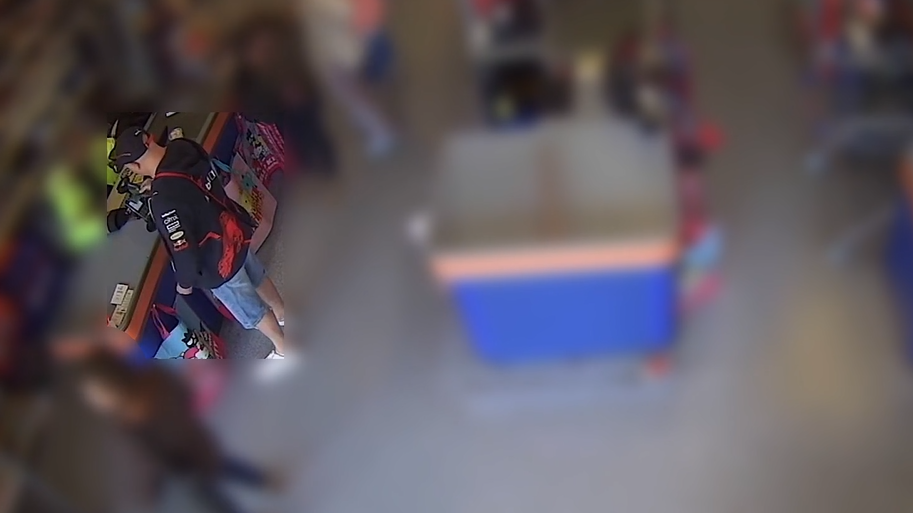
CCTV footage showed Mr Long had paid £7 for cat treats
"My interaction has gone out the window. I suffer with my mental health so it's important for me to get out," he said.
"It was a horrible experience and I haven't been back there since.
"I'm worried it will happen again."
How does facial recognition work?
Facewatch is a private company whose facial recognition system is used by retailers across the UK.
The technology works by "matching faces against known offenders" as they enter a premises, through a cloud-based facial recognition system.
The system then sends an alert to staff for review, who then confirm or refute the match.
A spokesperson for Facewatch said: "Our system worked exactly as it should, and as soon as we were informed by the retailer, the individual's data was immediately deleted in line with our strict procedures."
B&M confirmed that Mr Long's data has now been removed.
"This was a simple case of human error, and we sincerely apologise to Mr Long for any upset caused," a spokesperson said.
They said reported incidents like this were rare and "Facewatch services are designed to operate strictly in compliance with UK GDPR and to help protect store colleagues from incidents of aggressive shoplifting".
Jasleen Chaggar, legal and policy officer at Big Brother Watch, said: "Subjecting shoppers to biometric identity checks just to pick up groceries or purchase essentials is a chilling expansion of intrusive surveillance technology that is ripe for error and abuse.
"Levelling criminal accusations against people and blacklisting them without any threshold of investigation, due process or right to appeal has created a zone of privatised policing replete with shocking injustices.
"Any one of us could find ourselves misidentified by live facial recognition systems and have to prove our innocence against an algorithm that has wrongfully labelled us as a thief."
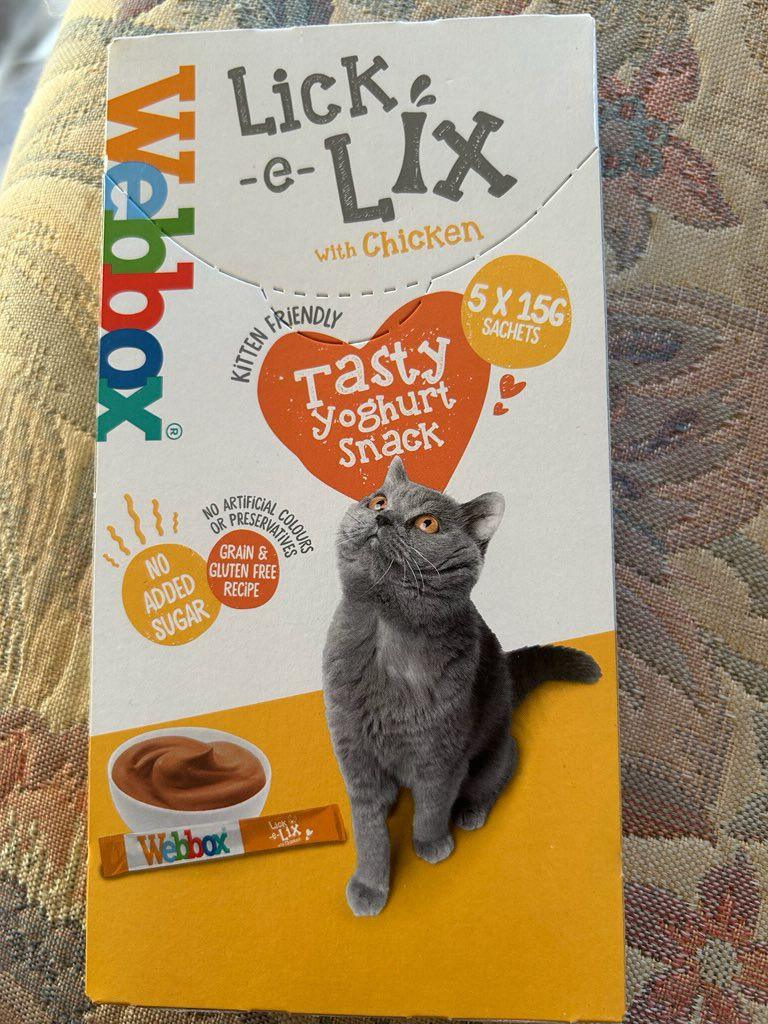
Mr Long purchased seven packets of cat treats from the B&M store costing £1 each
Mr Long has expressed concerns about his ability to challenge the allegation made against him by B&M.
He said if the CCTV had been deleted, which he was told was due to happen in three days, it would have left him unable to prove he had paid for his shopping and had not taken anything from the store.
"I knew I had done nothing wrong but you aren't given an opportunity to challenge, you are just branded as a thief," he said.
"I didn't shop around and immediately went to the till and paid for the cat treats.
"When I asked what goods I supposedly took, the staff couldn't tell me.
"They are criminalising customers. It could happen to anyone".
A UK government spokesperson said: "While commercial facial recognition technology is legal in the UK, its use must comply with strict data protection laws.
"Organisations must process biometric data fairly, lawfully and transparently, ensuring usage is necessary and proportionate.
"No one should find themselves in this situation. We will continue to work closely with the Information Commissioner's Office to ensure regulations remain effective as technology evolves and that individuals have a route to correcting these sorts of mistakes where they occur."
Related topics
More top stories
- PublishedJust now

- Published18 hours ago
